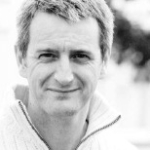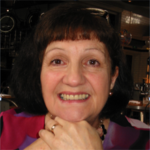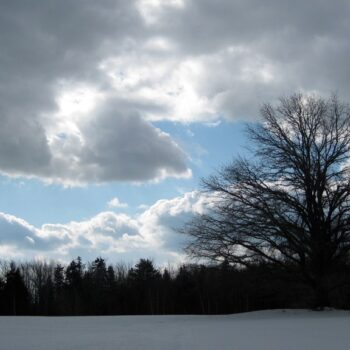
The Philosophical Influences that have Shaped Coaching
DIRECTIONS FOR FURTHER STUDY
We are very aware that this discussion is selective. We have focused on a limited number of Western philosophers and in particular their philosophy of knowledge. We hope that by doing so we have started to uncover some of the hidden dimensions of. coaching practice – what might be thought of as the submerged part of the iceberg (Malderez & Badoczky, 1999) – and at the same time provided an exemplar for uncovering more of that hidden dimension. A similar exercise might be undertaken with a different area of philosophical enquiry (for example, ethics), with different philosophers, or from a completely different philosophical tradition (such as Indian or Chinese philosophies). For individual practitioners we feel that one final ethical issue emerges from this discussion. That is that our personal philosophies matter; that we are driven by traditions and beliefs which bear examination. The current discussion may not fulfil that role for all readers. Yet, given the core function of relatedness in the coaching undertaking, we feel that some degree of examination is a duty to our clients.
__________________
Authors
 Peter Jackson
Peter Jackson
Peter Jackson specializes in Personal development coaching for leadership and change. He has been working in the field of personal development for nearly 25 years: from playleader for the Inner London Education Authority, teaching English as a foreign language, through management and Human Resources to personal development coaching as a specialism. After a first degree in modern languages from the University of Manchester, Peter completed his MSc in Organisational Behaviour at Birkbeck College, London in 1996. In 2004 I was awarded an MA (with distinction) in Coaching & Mentoring Practice at Oxford Brookes University, the very first dedicated masters-level course in the UK. He now also teach on the post-graduate coaching and mentoring programmes at Oxford Brookes.
 Elaine Cox
Elaine Cox
Dr. Elaine Cox is senior lecturer within the International Centre for Coaching and Mentoring Studies at Oxford Brookes University. She is an experienced researcher, author and editor, and directs the Doctor of Coaching and Mentoring at the university, where she is also currently supervising twelve doctoral students. Elaine has a comprehensive knowledge of research approaches and methods and their application to coaching research, and her current research projects are focused upon aspects of managerial and leadership coaching. In addition to authoring a number of books and research articles, Elaine is the founding editor of the International Journal of Evidence Based Coaching and Mentoring.
REFERENCES
Armitage, K. (2003). The continuity of nature and experience: John Dewey’s pragmatic environmentalism. Capitalism, Nature, Socialism, 14 (3), 49-72.
Bandura, A. (1994). Self-efficacy. In V. Ramachandran (Ed.), Encyclopedia of human behavior (Vol. 4). New York: Academic Press.
Beck, A. T. (!967). Depression: Clinical experimental, and theoretical aspects. New York: Harper & Row.
Beck, A. T. (1976). Cognitive therapy and the emotional disorders. New York: International Universities Press.
Cahn, S. (Ed.). (2002). Classics of Western philosophy (6’h ed.). Indianapolis, IN: Hackett Publishing Co.
Carruthers, P. (1995). Human knowledge and human nature. New York: Oxford University Press.
Cornford, F. M. (1957). Plato’s theory of knowledge: The theateus and sophist. New York: Prentice Hall.
Cox, E., & Jackson, P. (in press). Developmental coaching. In E. Cox, T. Bachkirova & D. Clutterbuck (Eds.), Sage handbook of coaching. London: Sage.
Creel, R. (2001). Thinking philosophically, Oxford: Blackwell.
Descartes, R. (! 980). Discourse of method and meditation on first philosophy (D.A Cress, Trans.). Indianapolis, IN: Hackett Publishing.
Dewey,]. (1896). The reflex arc concept in psychology. Psychology Review, 3, 357-370.
Dewey,]. (1910). How we think. Boston: Heath. (Republished 199 I by Prometheus Books, Amherst, NY)
Dewey. J. (1916, 1944). Democracy and education. New York: The Free Press.
Dewey, ]. (1934). Art as experience. New York: Dover.
Dewey J. (1938). Logic: The theory of inquiry. New York: Henry Holt &Co.
Dewey,]. (l950). Human Nature and conduct New York: Modern Library.
- Posted by Peter Jackson
- On January 3, 2022
- 0 Comment
 Peter Jackson
Peter Jackson


Leave Reply